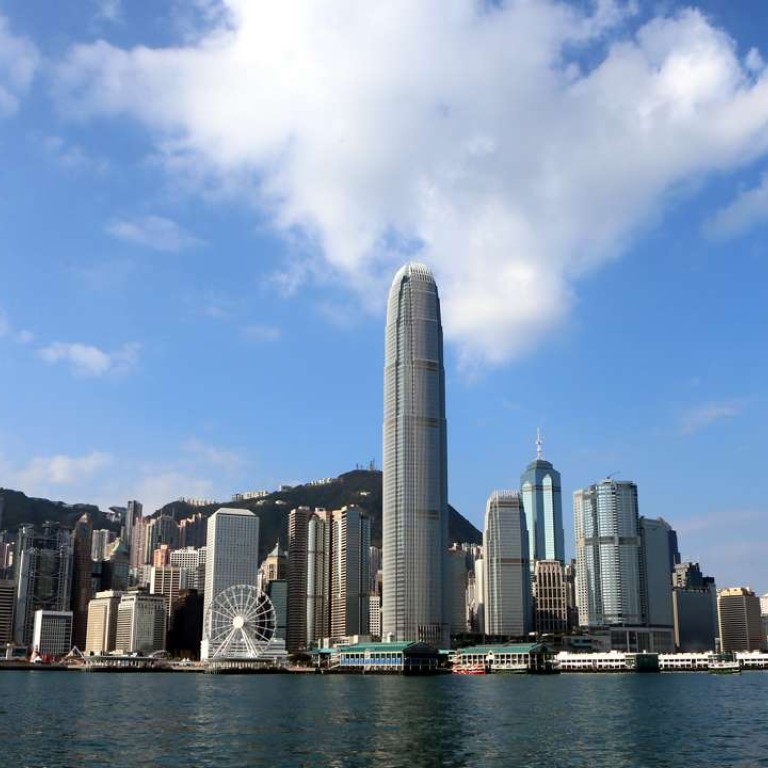
Hong Kong’s credit rating risks cut as financial secretary blasts Moody’s assessment as ‘mistake’
Credit rating changes would lead to high interest and debt repayment for city’s major infrastructure projects
Hong Kong’s credit rating could be cut, economic experts have warned, after Moody’s downgraded the SAR’s outlook to “negative” yesterday.
Major infrastructure projects like the third runway and the MTR expansion funded through borrowing could be hit by more costs from servicing higher interest and debt repayments, if a cut follows.
All eyes will be on whether the other big three rating agencies Standard & Poor’s and Fitch follow suit.
“The credit rating outlook downgrade is a step away from a full downgrade,” warned Baptist University’s Dr Billy Mak Sui-choi. “It’s a warning the credit rating will change.”
Moody’s cut the city’s long-term debt outlook to “negative” from “stable ” citing Hong Kong’s reliance on trade amid a slowdown in the mainland Chinese economy.
Watch: Why Moody's has downgraded Hong Kong
Financial Secretary John Tsang Chun-wah however blasted the rating agency saying that Moody’s was mistaken in interpreting “close links with China” as a risk.
“Yes, Hong Kong has close ties with the mainland – it isn’t a ‘China risk’ but a ‘China opportunity’,” he said.
The government said the city’s sound economic fundamentals, robust financial regulatory regime, resilient banking sector and fiscal strength would help the local economy handle any challenges down the road.
Moreover, it is actually “time to consider an upgrade for Hong Kong,” Tsang added.
Moody’s also said “domestic political tensions” and “evidence of interference from China in Hong Kong’s policy formulation and implementation” was consistent with a downgrade.
Tsang said the assessment was “totally wrong” and one the government does not agree on.
“We have been implementing the ‘one country, two systems’ policy with diligence,” he said.
Terence Chong Tai-leung, of Chinese University’s department of economics, said the outlook cut was more “an expression of a political view of the company [Moody’s] than a financial or economic one.”
The professor however said the “implications” of a downgrade meant it would affect the fundraising costs for the Hong Kong government and big corporations like the MTR and the Airport Authority.
Chong added the total effect of a downgrade may not be that high citing diverse sources of funding and low worldwide interest rates that could be funded by banks.
Indicating a difference in opinion, the agency forecast Hong Kong would see “muted” economic growth over the next five years.
“Increasing political linkages are likely to weigh on Hong Kong’s institutional strength. In addition, the risks to China’s economic and financial stability may also undermine Hong Kong’s own economic and financial outlook,” Moody’s said in a statement.
Predecessor Antony Leung Kam-chung said he was aware many industries, including retail and real estate, was experiencing a downturn. He hoped the government’s investment in infrastructure and other means to draw more tourists could ease the economic pressure.
“If we don’t do something, the unemployment rate can go above 5 per cent in a year’s time,” he said. The rate now stands at 3.3 per cent.


